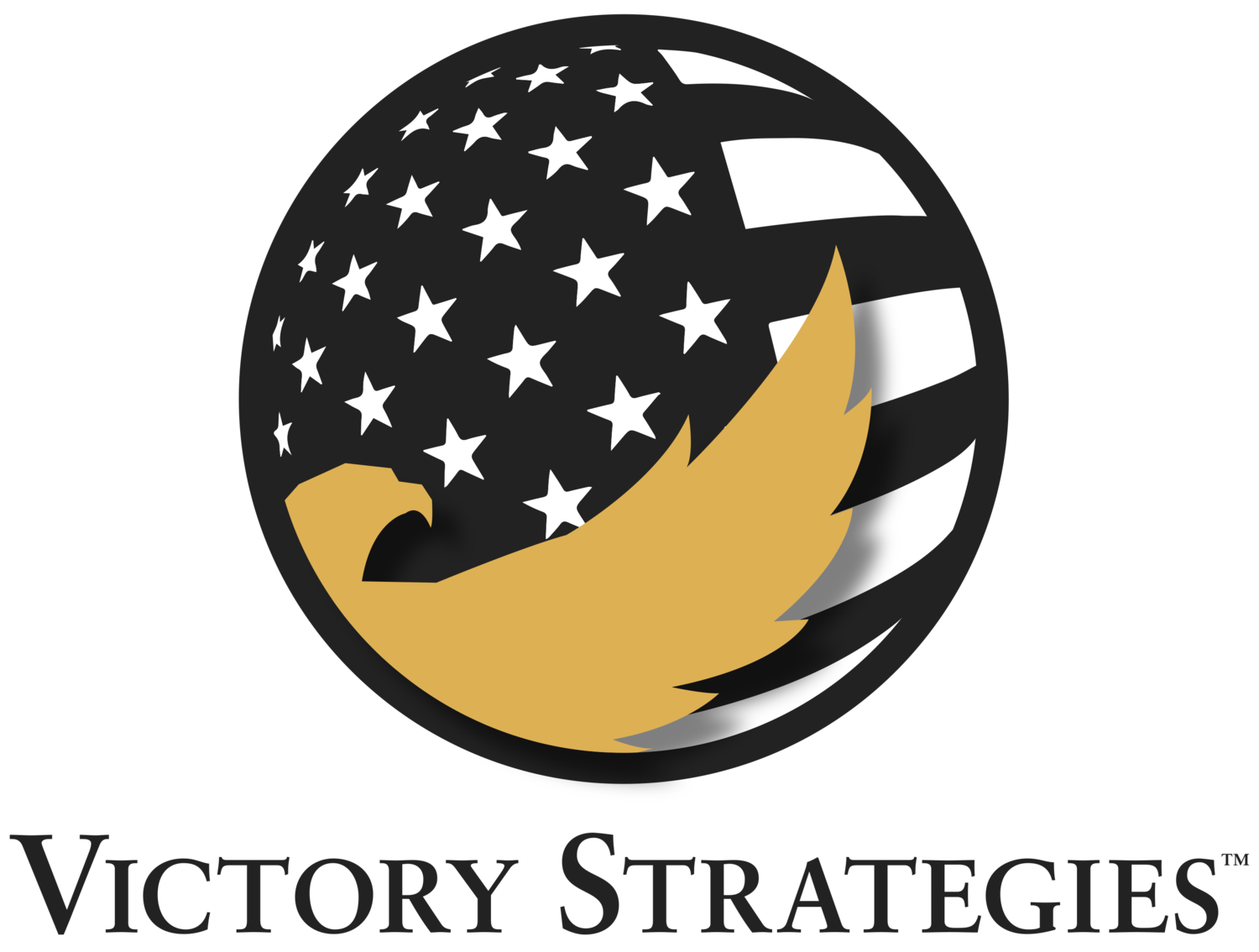During my 32 years in the Army I had the opportunity to defend this Nation in combat both in Iraq and Afghanistan, operate the Apache helicopter, live and serve in Poland and Germany, train, coach, and mentor some of the greatest people our Nation has to offer, and lead a workforce that covered the spectrum of diversity and social economic backgrounds, rise to the rank of brigadier general, and live a full and balanced life with my family…no regrets.
I began my leadership journey at the United States Military Academy and refined my leadership philosophy over the four years of leading Soldiers in combat. My collective experience was put to the test in 2016 when I was fortunate to be selected as the Executive Assistant to the 18th Chairman of the Joint Chiefs of Staff (General (ret) Martin Dempsey) for over the two and half years in that position. It was a remarkable period of my career of learning, growing as a leader, and witnessing decision making and executive leadership at the highest levels of our government including the National Security Council, the Joint Chiefs of Staff, the Secretary of Defense, and the President of the United States (President Obama at the time). I loved this job despite the brutal hours and the pressure for perfection each and every day. Being surrounded by a team of unparalleled expertise, passion, and intelligence was humbling, but more importantly I was immersed in executive leadership and decision making at its best.
It took me a few years to actually understand and conceptualize what I had experienced. Why were some individual’s better leaders? Was there a difference between leadership and executive leadership? The diagram below is my attempt to describe the “Executive Leaders Eco-system”. Executive Leadership is not a checklist, but instead a cycle that encompasses both human and organizational factors that promotes sound and decisive decision making benefiting the team and organization.
Executive leadership is not a thing but a space where the leader must organize, understand, and execute within. Those individuals who understand and embrace the complexity are successful both within the organization and in life. The best leaders are those who are masters of their environment.
Authored By: John Novalis, Managing Director

